Knowing how much electricity your home needs is useful when trying to lower your energy costs. Electricity use is measured in kilowatt-hours (kWh), but many people are unsure how much a typical house actually uses. The amount can vary based on several factors, such as property size, the number of people living there, and how modern or efficient your appliances are.
In this blog, we’ll explore the average kWh usage for homes in Ireland, what affects it, and how you can cut back where possible. Whether you live in a flat or a large family home, this guide will help you understand your energy use and find ways to reduce it.
How Many kWh Does It Take To Run a House in Ireland?

On average, a house in Ireland uses around 4,200 kilowatt-hours (kWh) of electricity each year, according to the Commission for Regulation of Utilities (CRU).
This amount can change depending on a few things:
- Size of the house: Bigger houses usually use more electricity.
- How many people live there: More people means more electricity is needed.
- Insulation and energy use: Homes that are well insulated and have energy-efficient appliances use less electricity, especially for heating.
- Appliances: Some appliances, like electric showers, tumble dryers, and immersion heaters, use a lot more electricity.
- Heating type: If your home is heated by gas, it will use less electricity for heating compared to homes that use electric heaters.
To break it down, 4,200 kWh a year is about 11.5 kWh per day.
How Many kWh of Electricity to Run a House per Day?
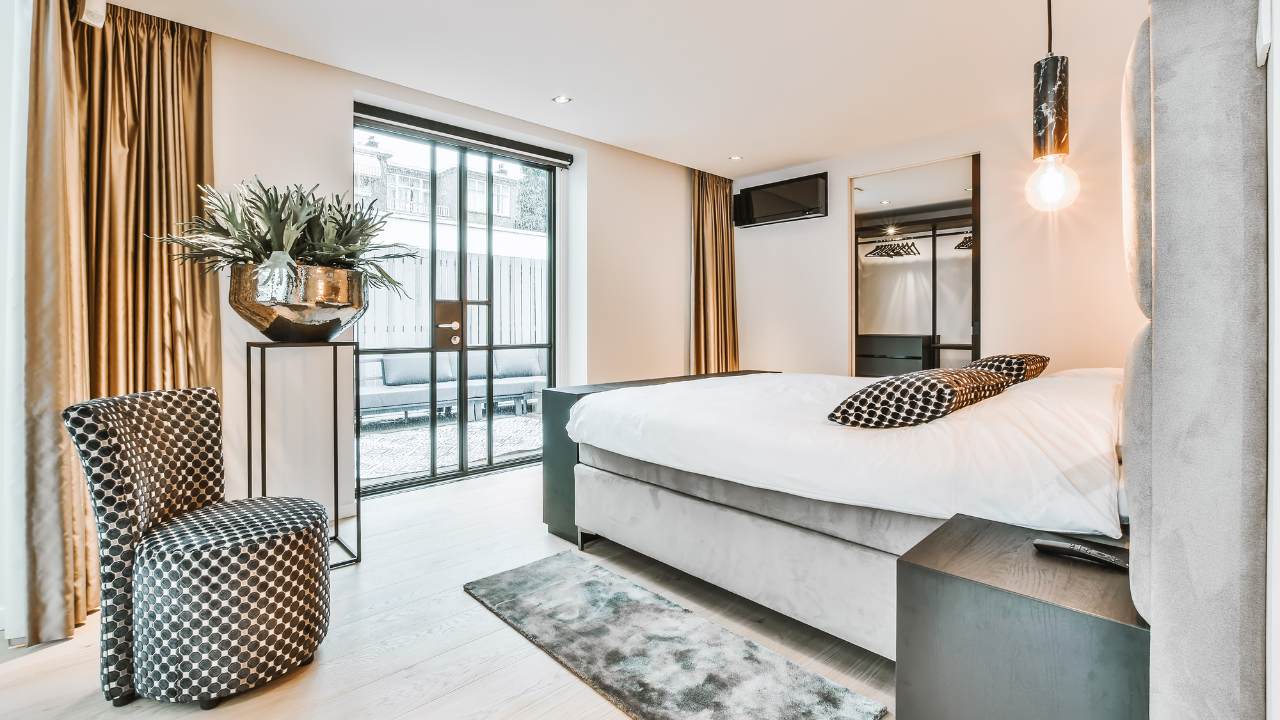
The average household in Ireland uses around 4,200 kilowatt-hours (kWh) of electricity per year. This works out at about 11.5 kWh each day.
However, the amount of electricity a home uses can vary depending on a few things:
- The type of home
- How many people live there
- If anyone works from home
- Where in Ireland is the home?
- How energy-efficient the appliances and heating systems are
- The age of the home
One of the biggest factors is the size of the home. Bigger homes often have more people, and more people usually means more electricity is used.
Here is a simple breakdown of how home size affects electricity use and yearly costs:
Small home (1 to 2 bedroom flat or house):
These homes use around 3,000 kWh of electricity per year. This would cost about €1,085 a year.
Medium home (2 to 3 bedroom house):
These use the average amount of electricity, which is about 4,200 kWh per year. This works out at roughly €1,501 a year.
Large home (4 or more bedrooms):
Larger homes can use around 5,500 kWh of electricity each year. This could cost around €1,953 a year.
In general, the larger your home and the more people living in it, the higher your electricity use and costs will be.
Common Household Appliances and Their Energy Use

Here is a list of some everyday appliances, showing how much electricity they use and what they cost to run:
- Electric shower uses 8.5 kWh and costs about €0.49 for a 10-minute shower
- Tumble dryer uses 5 kWh and costs roughly €1.74 per one-hour cycle
- Electric kettle uses 3 kWh and costs around €0.05 for 3 minutes of boiling
- Immersion heater uses 2.5 kWh and costs about €1.74 for 2 hours of heating
- Dishwasher uses 1.8 kWh and costs around €0.94 for a 1.5-hour cycle
- Hair dryer uses 1.5 kWh and costs about €0.04 for 5 minutes of drying
- Vacuum cleaner uses 1.4 kWh and costs around €0.24 for 30 minutes of use
- Toaster uses 1.2 kWh and costs about €0.01 for 2 minutes of toasting
- Clothes iron uses 1 kWh and costs roughly €0.17 for 30 minutes of ironing
- Microwave uses 0.85 kWh and costs around €0.25 for a 5-minute cycle
- Washing machine uses 0.65 kWh and costs about €0.56 for a 2.5-hour cycle
- Television (36 inch) uses 0.2 kWh and costs around €0.41 for 6 hours of use
- Fridge uses 0.18 kWh and costs roughly €0.34 for a full day of use
How Can I Cut Down on My Energy Use?
If your electricity bills seem too high, there are several simple and cost-effective ways to cut down on energy use.
Smart Meters
Smart meters help you monitor how much electricity you use. This makes it easier to spot patterns and adjust your habits.
Retrofitting
Upgrading insulation, windows, and heating systems can reduce the need for heating. SEAI grants are available to help with the cost.
Microgeneration
Installing solar panels can lower your reliance on the grid. Under the Micro-Generation Support Scheme, you may also earn money by selling excess energy back to your supplier.
Energy-Efficient Appliances
Use LED bulbs and choose appliances with A energy ratings. Air fryers and other smaller cooking tools also use less energy than ovens.
Everyday Habits
- Unplug unused devices to avoid wasting energy
- Heat only the rooms you use and keep doors closed
- Use appliances at night if you’re on a night saver plan
- Turn off lights and use lamps where possible
- Switch off ovens and cookers slightly early and let residual heat finish the job
Conclusion!
When asking someone, How many kWh does it take to run a house? It’s important to remember that the answer depends on several factors, such as the size of the home, the number of people living there, and how efficient the appliances are. Understanding your average electricity use can help you cut down on waste and manage your bills more effectively.
If you are looking for a long-term way to lower your energy costs, solar power is a smart and reliable option. Going Solar offers expert advice and support to help you assess your electricity needs and choose the best solar system for your home. Get in touch with their team today to learn more.



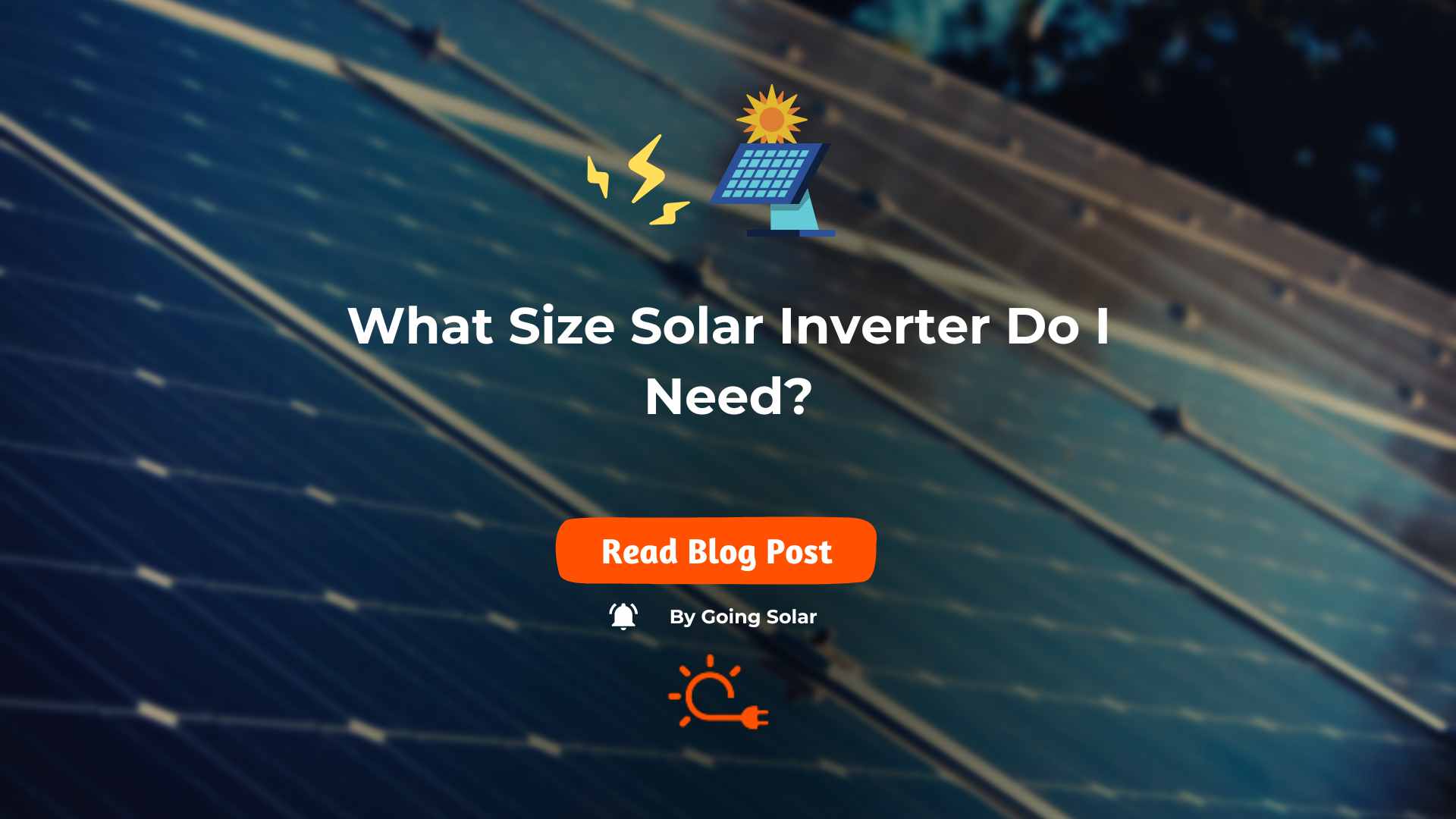
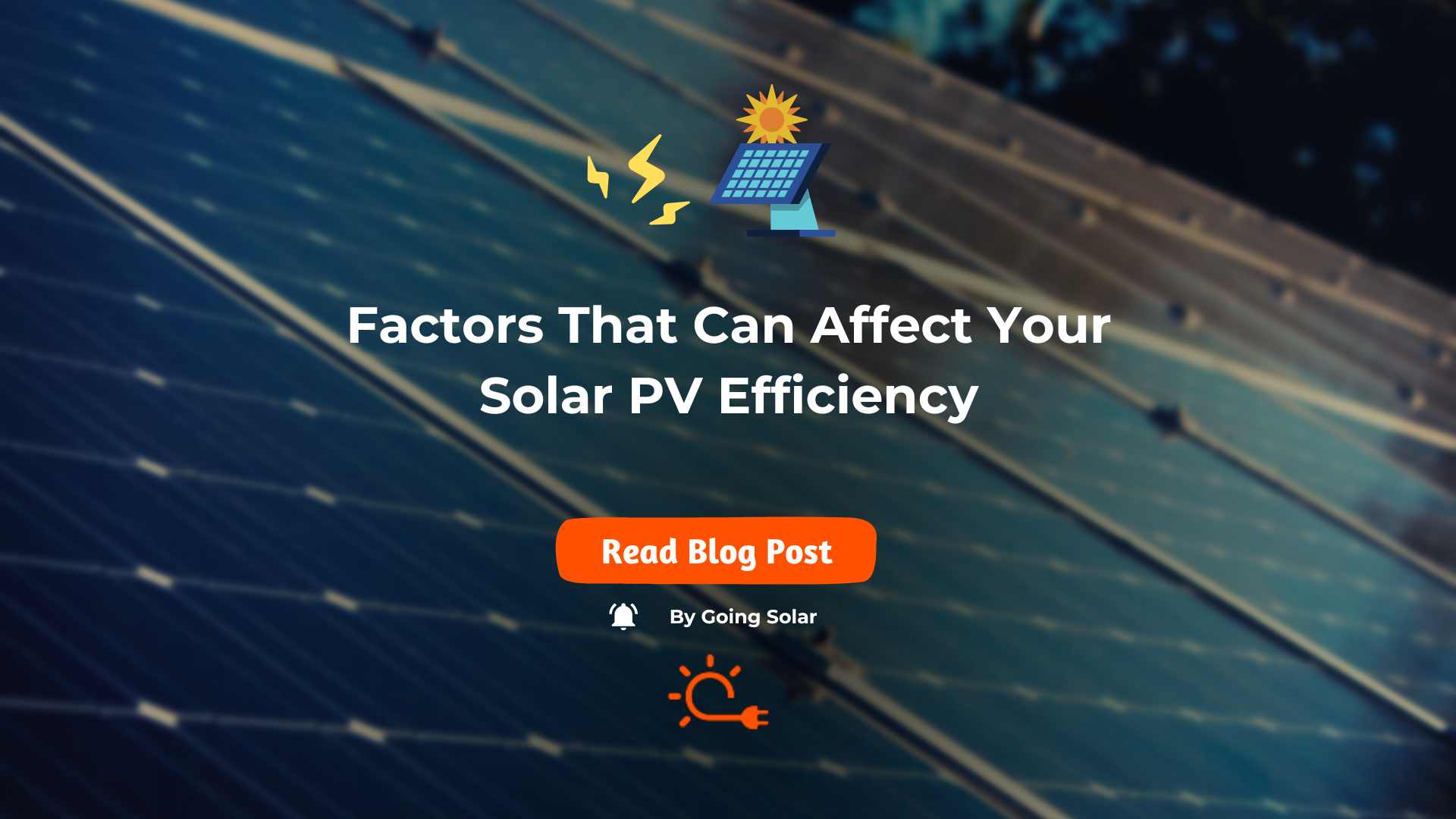
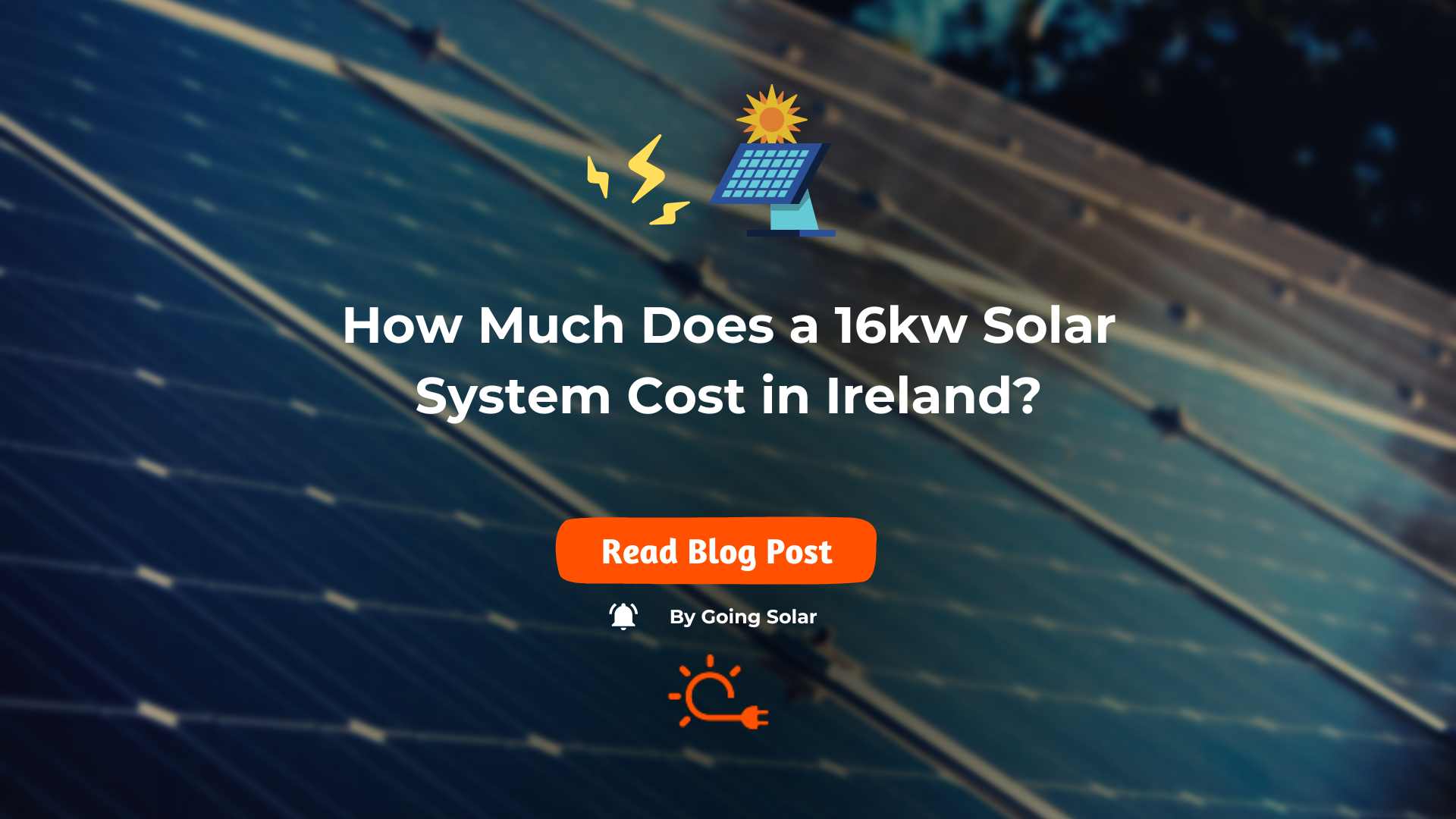
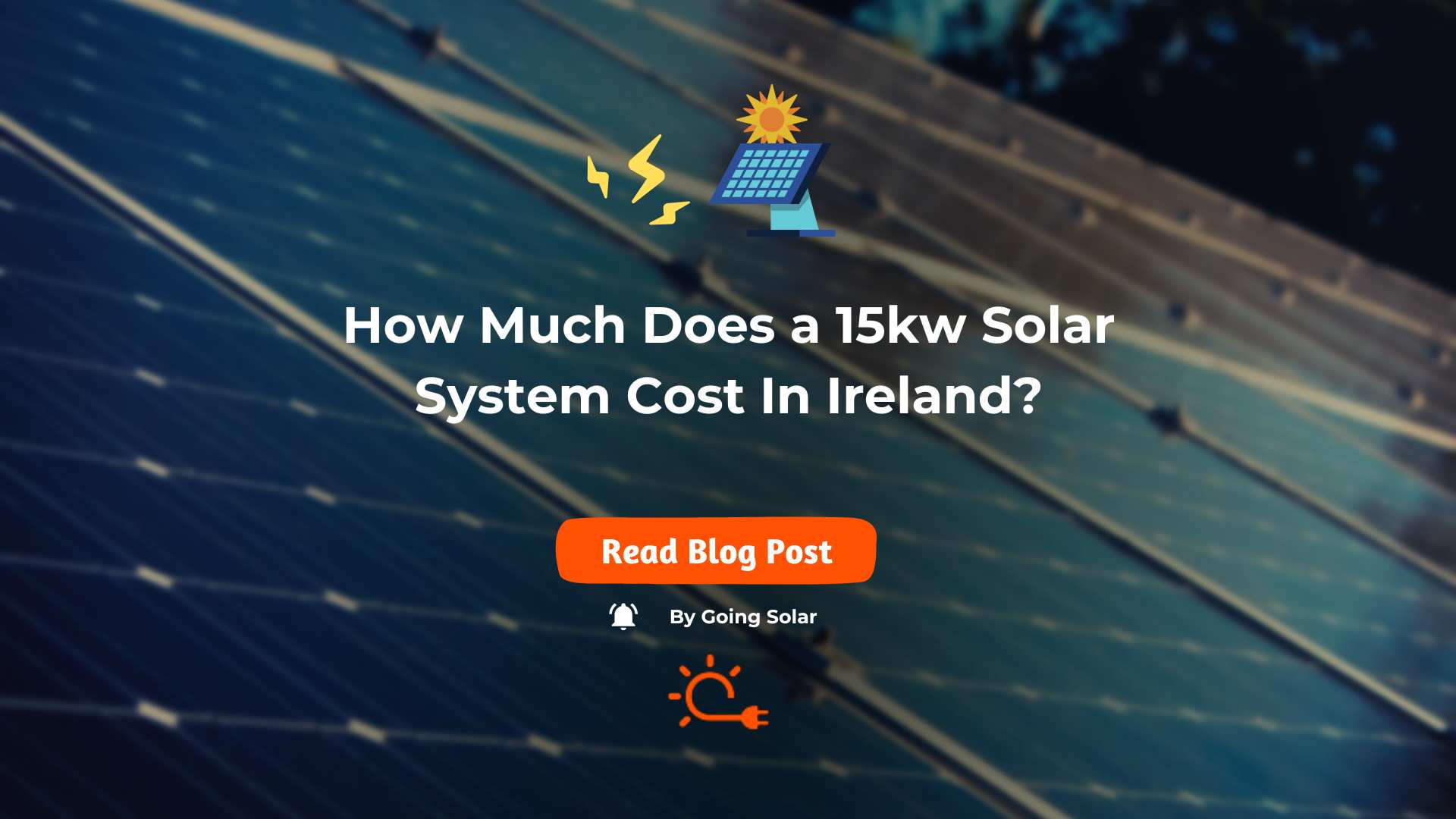
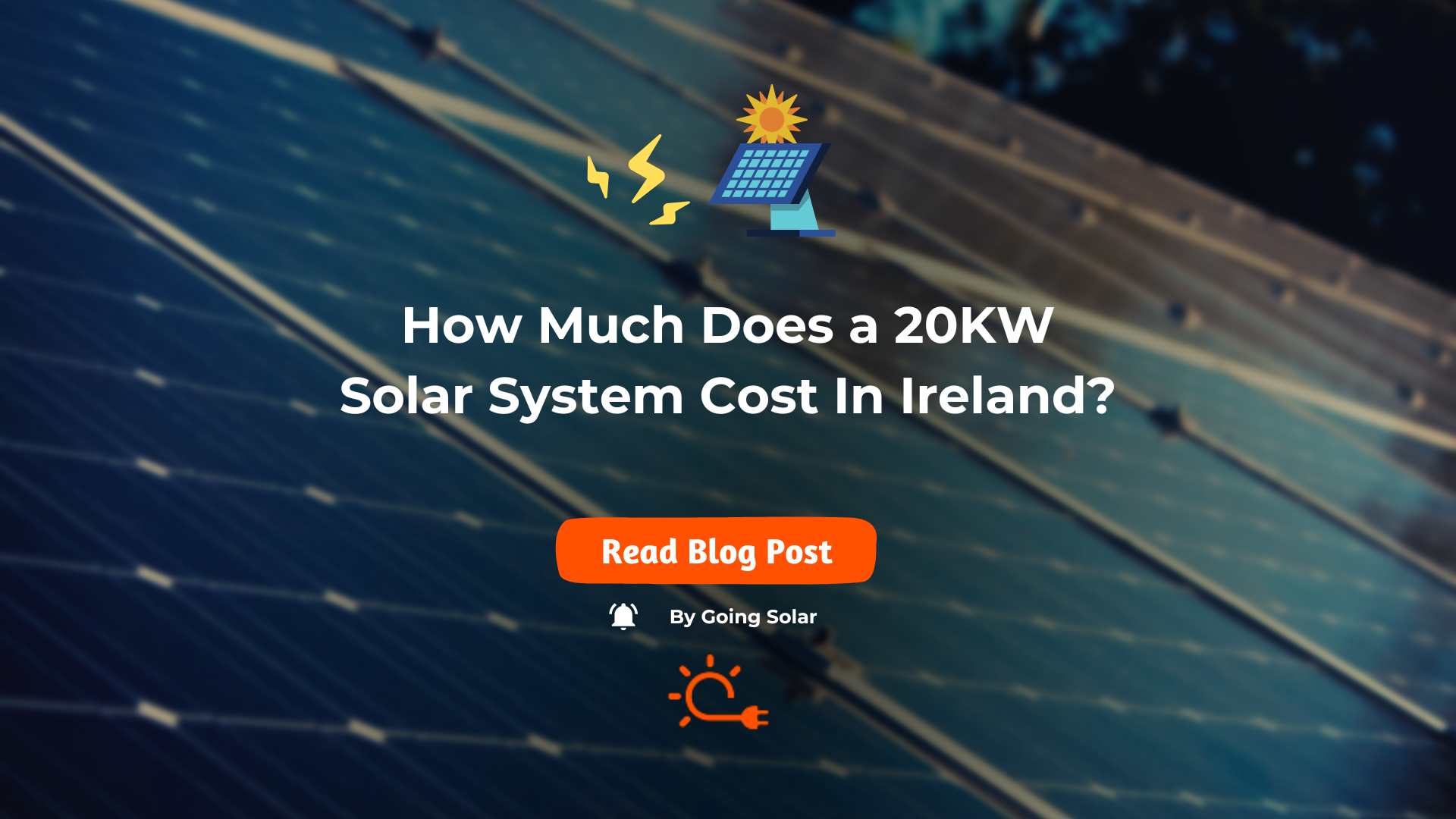





.jpg)

